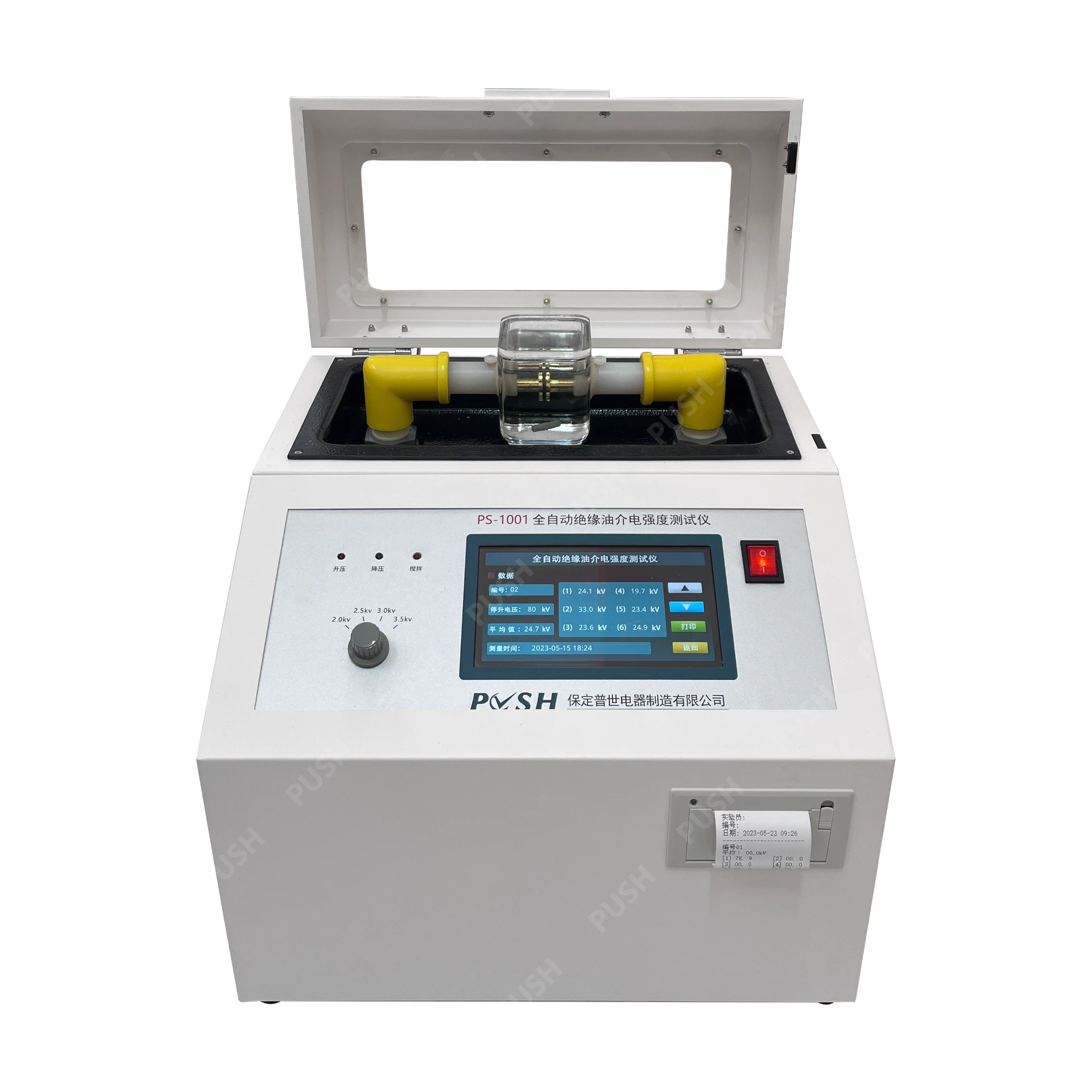TEL:
+86-0312-3189593
 English
English

Telephone:0312-3189593

Email:sales@oil-tester.com

-
 Afrikaans
Afrikaans -
 Albanian
Albanian -
 Amharic
Amharic -
 Arabic
Arabic -
 Armenian
Armenian -
 Azerbaijani
Azerbaijani -
 Basque
Basque -
 Belarusian
Belarusian -
 Bengali
Bengali -
 Bosnian
Bosnian -
 Bulgarian
Bulgarian -
 Catalan
Catalan -
 Cebuano
Cebuano -
 China
China -
 China (Taiwan)
China (Taiwan) -
 Corsican
Corsican -
 Croatian
Croatian -
 Czech
Czech -
 Danish
Danish -
 Dutch
Dutch -
 English
English -
 Esperanto
Esperanto -
 Estonian
Estonian -
 Finnish
Finnish -
 French
French -
 Frisian
Frisian -
 Galician
Galician -
 Georgian
Georgian -
 German
German -
 Greek
Greek -
 Gujarati
Gujarati -
 Haitian Creole
Haitian Creole -
 hausa
hausa -
 hawaiian
hawaiian -
 Hebrew
Hebrew -
 Hindi
Hindi -
 Miao
Miao -
 Hungarian
Hungarian -
 Icelandic
Icelandic -
 igbo
igbo -
 Indonesian
Indonesian -
 irish
irish -
 Italian
Italian -
 Japanese
Japanese -
 Javanese
Javanese -
 Kannada
Kannada -
 kazakh
kazakh -
 Khmer
Khmer -
 Rwandese
Rwandese -
 Korean
Korean -
 Kurdish
Kurdish -
 Kyrgyz
Kyrgyz -
 Lao
Lao -
 Latin
Latin -
 Latvian
Latvian -
 Lithuanian
Lithuanian -
 Luxembourgish
Luxembourgish -
 Macedonian
Macedonian -
 Malgashi
Malgashi -
 Malay
Malay -
 Malayalam
Malayalam -
 Maltese
Maltese -
 Maori
Maori -
 Marathi
Marathi -
 Mongolian
Mongolian -
 Myanmar
Myanmar -
 Nepali
Nepali -
 Norwegian
Norwegian -
 Norwegian
Norwegian -
 Occitan
Occitan -
 Pashto
Pashto -
 Persian
Persian -
 Polish
Polish -
 Portuguese
Portuguese -
 Punjabi
Punjabi -
 Romanian
Romanian -
 Russian
Russian -
 Samoan
Samoan -
 Scottish Gaelic
Scottish Gaelic -
 Serbian
Serbian -
 Sesotho
Sesotho -
 Shona
Shona -
 Sindhi
Sindhi -
 Sinhala
Sinhala -
 Slovak
Slovak -
 Slovenian
Slovenian -
 Somali
Somali -
 Spanish
Spanish -
 Sundanese
Sundanese -
 Swahili
Swahili -
 Swedish
Swedish -
 Tagalog
Tagalog -
 Tajik
Tajik -
 Tamil
Tamil -
 Tatar
Tatar -
 Telugu
Telugu -
 Thai
Thai -
 Turkish
Turkish -
 Turkmen
Turkmen -
 Ukrainian
Ukrainian -
 Urdu
Urdu -
 Uighur
Uighur -
 Uzbek
Uzbek -
 Vietnamese
Vietnamese -
 Welsh
Welsh -
 Bantu
Bantu -
 Yiddish
Yiddish -
 Yoruba
Yoruba -
 Zulu
Zulu
Мар . 04, 2025 02:52
Back to list
earth contact resistance test
Understanding Insulation Resistance to Earth
1. Regular Testing and Monitoring Scheduled measurements of insulation resistance can uncover deterioration over time, enabling timely interventions. Utilizing high-quality insulation testers, such as Megger devices, can provide accurate and reliable readings essential for comprehensive maintenance planning. 2. Understanding Environmental Impacts Environmental factors such as temperature, humidity, and chemical exposure significantly influence insulation properties. Professionals should tailor their approach by considering specific environmental conditions, selecting materials best suited to resist these influences. 3. Training and Skill Enhancement Ensuring that technicians and engineers are well-trained in assessing insulation resistance is crucial. Regular workshops, certifications, and practical skills training can significantly boost team proficiency, leading to more effective maintenance strategies. 4. Utilizing Advanced Technology Incorporating modern diagnostic tools and IoT-based monitoring systems can enhance the assessment of insulation resistance. Real-time data analytics and automated reporting help in making informed decision-making processes. The Authoritative Angle The discussion around insulation resistance to earth is supported not only by electrical engineers but also by industrial safety authorities and quality standardization bodies. Publications from entities such as the Institute of Electrical and Electronics Engineers (IEEE) and the International Electrotechnical Commission (IEC) provide comprehensive guidelines and standard protocols that underscore the importance of maintaining optimal insulation resistance levels. These trusted sources reinforce the critical role insulation resistance plays in both safety and functional efficiency. Building Trust Through Transparency For organizations aiming to build trust with stakeholders and customers, transparent communication about safety measures and maintenance procedures is essential. Documentation of regular testing, certification adherence, and proactive resolution of identified issues not only boosts client confidence but also fortifies market standing as a reliable entity. In conclusion, insulation resistance to earth is not just a technical parameter but a significant facet of electrical system management that shapes safety, efficiency, and compliance. By investing time and resources to understand, monitor, and optimize insulation resistance, organizations can expect substantial benefits, including enhanced performance, safety, and market competitiveness. Engaging with this concept at a specialist level underscores a commitment to operational excellence and enduring sustainability.


1. Regular Testing and Monitoring Scheduled measurements of insulation resistance can uncover deterioration over time, enabling timely interventions. Utilizing high-quality insulation testers, such as Megger devices, can provide accurate and reliable readings essential for comprehensive maintenance planning. 2. Understanding Environmental Impacts Environmental factors such as temperature, humidity, and chemical exposure significantly influence insulation properties. Professionals should tailor their approach by considering specific environmental conditions, selecting materials best suited to resist these influences. 3. Training and Skill Enhancement Ensuring that technicians and engineers are well-trained in assessing insulation resistance is crucial. Regular workshops, certifications, and practical skills training can significantly boost team proficiency, leading to more effective maintenance strategies. 4. Utilizing Advanced Technology Incorporating modern diagnostic tools and IoT-based monitoring systems can enhance the assessment of insulation resistance. Real-time data analytics and automated reporting help in making informed decision-making processes. The Authoritative Angle The discussion around insulation resistance to earth is supported not only by electrical engineers but also by industrial safety authorities and quality standardization bodies. Publications from entities such as the Institute of Electrical and Electronics Engineers (IEEE) and the International Electrotechnical Commission (IEC) provide comprehensive guidelines and standard protocols that underscore the importance of maintaining optimal insulation resistance levels. These trusted sources reinforce the critical role insulation resistance plays in both safety and functional efficiency. Building Trust Through Transparency For organizations aiming to build trust with stakeholders and customers, transparent communication about safety measures and maintenance procedures is essential. Documentation of regular testing, certification adherence, and proactive resolution of identified issues not only boosts client confidence but also fortifies market standing as a reliable entity. In conclusion, insulation resistance to earth is not just a technical parameter but a significant facet of electrical system management that shapes safety, efficiency, and compliance. By investing time and resources to understand, monitor, and optimize insulation resistance, organizations can expect substantial benefits, including enhanced performance, safety, and market competitiveness. Engaging with this concept at a specialist level underscores a commitment to operational excellence and enduring sustainability.
Previous:
Latest news
-
Testing Equipment Industry Sees Major Advancements in 2025: Smart & Precision Technologies Lead the WayNewsJun.06,2025
-
Applications of Direct Current Generators in Renewable Energy SystemsNewsJun.05,2025
-
Hipot Tester Calibration and Accuracy GuidelinesNewsJun.05,2025
-
Digital Circuit Breaker Analyzer Features and BenefitsNewsJun.05,2025
-
Benefits of Real-Time Power Quality Monitoring Devices for Industrial EfficiencyNewsJun.05,2025
-
Earth Fault Loop Testing in High-Rise Building Electrical SystemsNewsJun.05,2025



